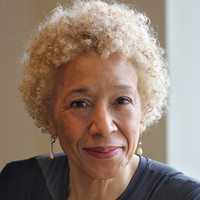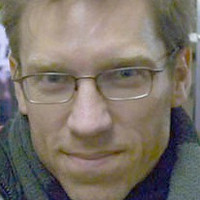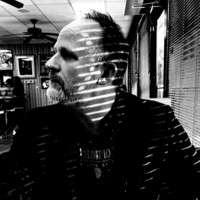Noel Gallagher After Oasis
"At the end of the cycle of Morning Glory, I was hailed as the greatest songwriter since Lennon and McCartney," Gallagher recalls. "Now, I know that I'm not, and I knew I wasn't then. But the perception of everybody since that period has been, 'What the fuck happened to this guy? Wasn't he supposed to be the next fucking Beatles?' I never said that I was the greatest thing since Lennon and McCartney … well, actually, I'm lying. I probably did say that once or twice in interviews. But regardless, look at it this way: Let's say my career had gone backwards. Let say this new solo album had been my debut, and it was my last two records that sold 20 million copies instead of the first two records. Had this been the case, all the other albums leading up to those last two would be considered a fucking journey. They would be perceived as albums that represent the road to greatness. But just because it started off great doesn't make those other albums any less of a journey. I'll use an American football analogy since we're in America: Let's say you're behind with two minutes to go and you come back to tie the game. It almost feels like you've won. Right? But let's say you've been ahead the whole game and you allow the opponent to tie things up in the final two minutes. Then it feels like you've lost. But the fact of the matter is it's still a fucking tie. The only difference is perception. And the fact of the matter is that Oasis sold 55 million records. If people think we were never good after the '90s, that's irrelevant."












